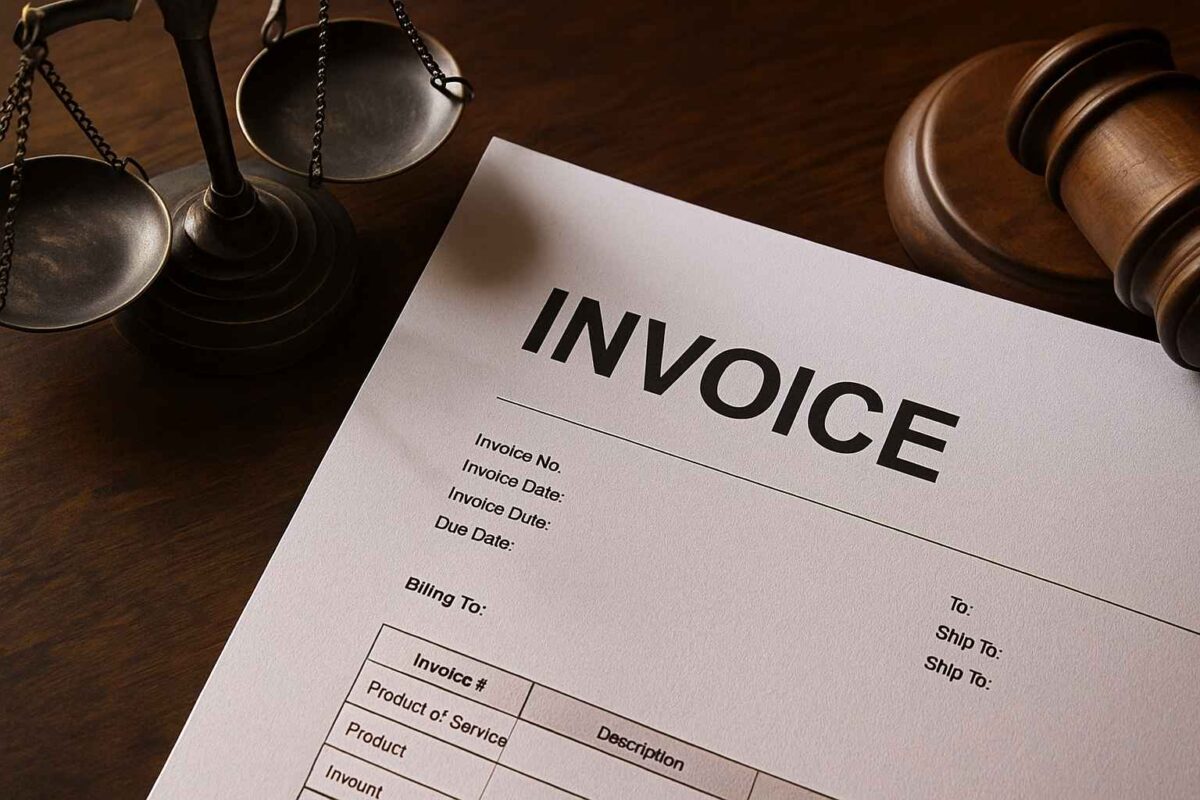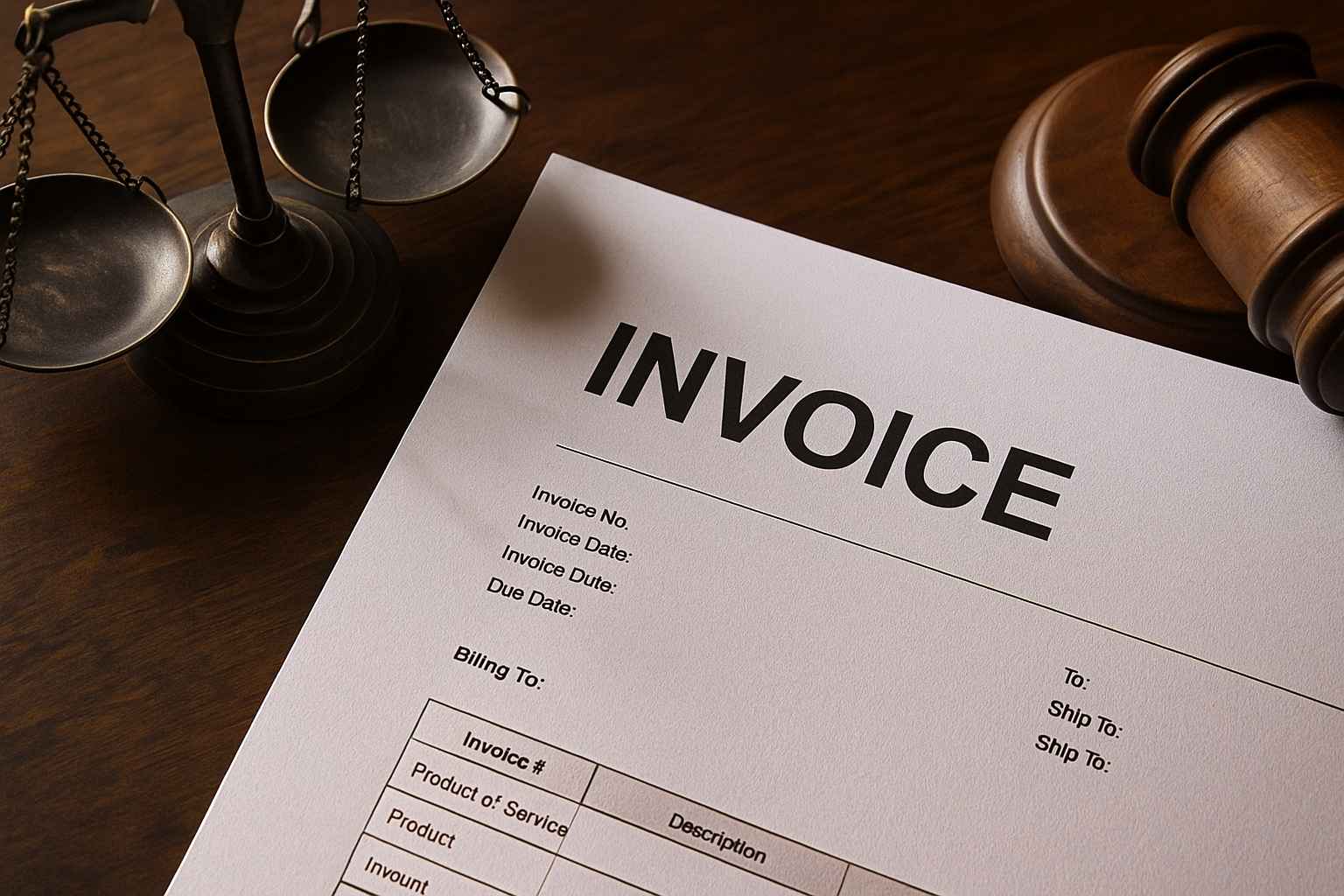
You’ve worked hard. You’ve put in the hours, the sweat, the skill. The job is finished, the client is satisfied, or at least, they said they were, and yet, somehow, the payment you were promised never shows up. Days turn into weeks, and that once-friendly client who used to answer your calls now seems to have disappeared. You’re frustrated, and rightfully so. After all, you held up your end of the bargain. That said, at this point, you’re likely wondering if you, as a contractor, can sue for these unpaid invoices so you can get the payment you earned. Continue reading and reach out to the seasoned Florida construction attorneys at Ansbacher Law to learn more. Here are some of the questions you may have:
What Can a Contractor Do When a Client Doesn’t Pay?
If you’ve been stiffed on a job, the first thing to understand is that you’re not powerless. Florida law offers contractors several avenues to pursue payment. Sometimes, all it takes is a well-written demand letter; something that clearly states what’s owed, references the contract, and sets a firm deadline for payment before things get legal. In other cases, the situation has gone too far for niceties. That’s when filing a lawsuit for breach of contract might be necessary.
When a contractor files a breach of contract claim, they’re essentially telling the court that they did the work as agreed, but the other party failed to live up to their side of the deal. If successful, you can recover the unpaid amount, along with potential interest, and possibly even attorney’s fees if your contract allows for them. Still, it’s important to review the fine print. Some contracts have specific requirements about when and how invoices must be submitted, and missing one of those details could hurt your case later on.
How Does a Mechanic’s Lien Help Contractors Get Paid?
One of the strongest tools available to contractors in Florida is the mechanic’s lien. Think of it as a way to secure your right to payment by tying your unpaid labor or materials to the property itself. If you file a valid lien, the property owner can’t easily sell or refinance until the debt is resolved, which tends to get their attention pretty quickly.
However, the mechanic’s lien process is strict. One missed deadline can invalidate the whole thing. Generally, you must serve a Notice to Owner within 45 days of starting work and record your lien within 90 days after your last day on the project. Once filed, the lien becomes public record, and from that moment forward, the ball is in the property owner’s court. Many times, that’s enough to bring them back to the negotiating table.
What Should You Do Before Taking Legal Action?
Before you march into court, it’s usually best to exhaust all other options. Try reaching out directly, or consider mediation. Sometimes a conversation, backed by a lawyer’s letterhead, can do wonders. But if the silence continues, or the excuses pile up, it’s time to take formal action.
Always keep a paper trail. Save every invoice, email, and signed agreement. Even casual text messages confirming work or payment terms can become evidence later. The more documentation you have, the stronger your position will be if the case goes before a judge.
At the end of the day, your work has value. You deserve to be paid for it, and the law gives you the means to fight back when a client refuses to do what’s right. If you’re a contractor struggling with unpaid invoices, contact an experienced Florida construction litigation attorney here at Ansbacher Law for an initial consultation today.

